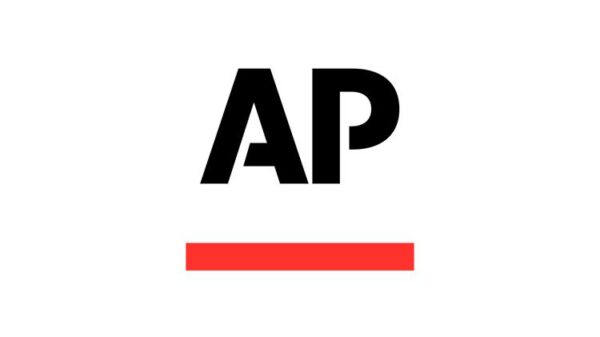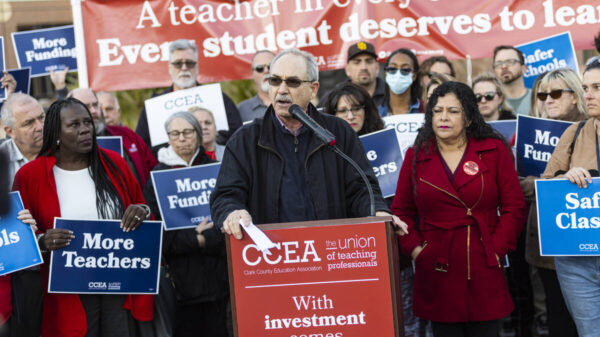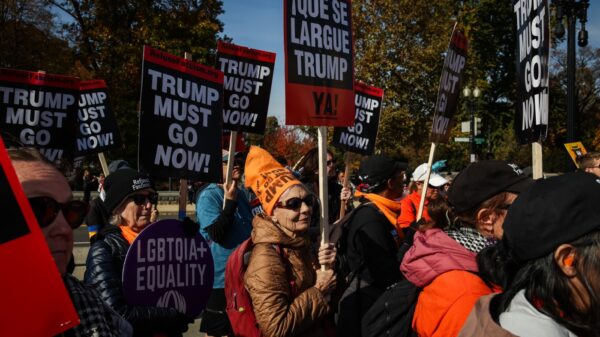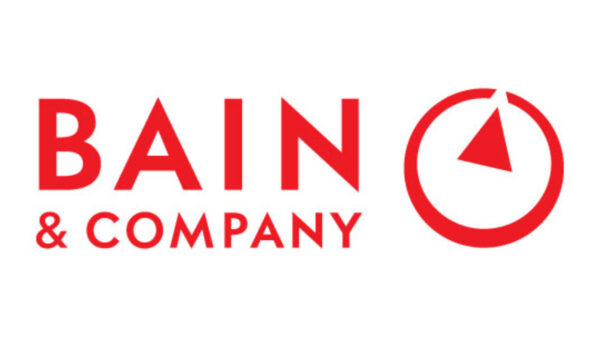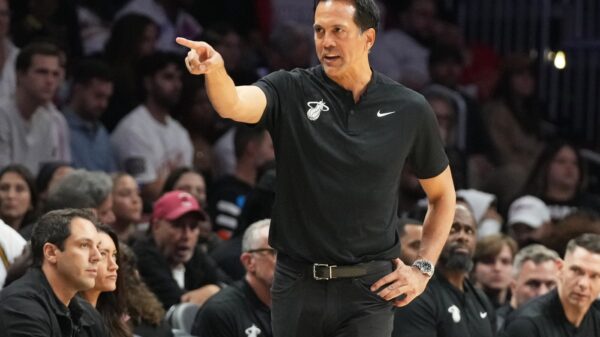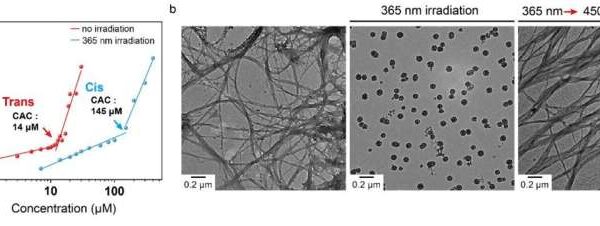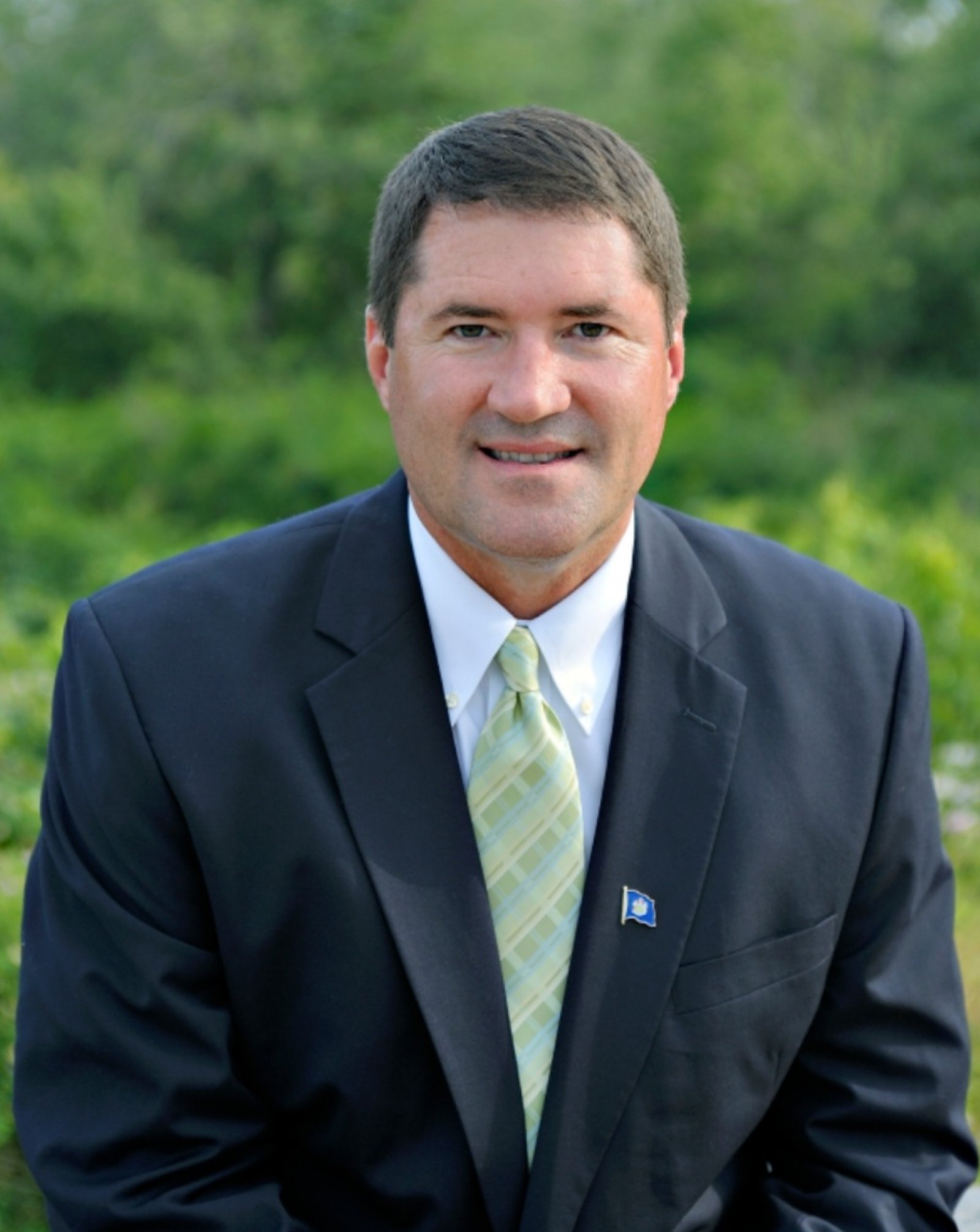Issues surrounding Maine’s Clean Election Act have prompted calls for reform as candidates express concerns over excessive administrative burdens and insufficient funding. The program, designed to support public financing for political campaigns, is under scrutiny ahead of the upcoming 2024 governor’s race.
Critics, including political analysts and candidate representatives, highlight that the current structure places an undue amount of busywork on participants. This has resulted in many potential candidates opting to forgo public financing altogether, which undermines the very purpose of the Clean Election Act.
According to a report by Steve Collins, a prominent journalist, the challenges faced by candidates include intricate application processes and limited financial resources. The Act was established to foster a more equitable political landscape, but its execution has led to frustrations among those seeking to run for office.
Key Concerns Raised
One of the major concerns is that the administrative requirements discourage candidates from utilizing public financing. Many candidates find themselves spending more time navigating paperwork than on outreach and campaigning. This situation has prompted officials to reconsider the effectiveness of the Act in promoting diverse candidate participation.
Furthermore, the financial allocations provided to candidates are perceived as inadequate. Reports indicate that the funds available do not sufficiently cover the costs associated with campaigning, particularly in a state like Maine, where the rural landscape necessitates extensive travel and outreach efforts. In light of these challenges, candidates are increasingly turning to private financing sources, which contradicts the intent behind the Clean Election Act.
Potential Reforms on the Horizon
In response to these issues, lawmakers are beginning to engage in discussions about potential reforms to the Clean Election Act. Proposals may include streamlining the application process and increasing the financial support available to candidates.
Advocates for reform believe that making these adjustments could revitalize the program and encourage a broader range of candidates to seek public financing. By addressing the administrative hurdles and financial limitations, the Clean Election Act could better serve its goal of promoting a more democratic electoral process.
As Maine prepares for the upcoming election cycle, the pressure to reform the Clean Election Act continues to mount. The discussions surrounding these changes not only highlight the immediate challenges faced by candidates but also reflect a broader concern about the integrity and accessibility of the electoral process in the state.
With the 2024 governor’s race approaching, stakeholders are hopeful that meaningful changes will be implemented to ensure that the Clean Election Act fulfills its intended purpose, allowing for a diverse slate of candidates to emerge without the barriers currently imposed by the system.








